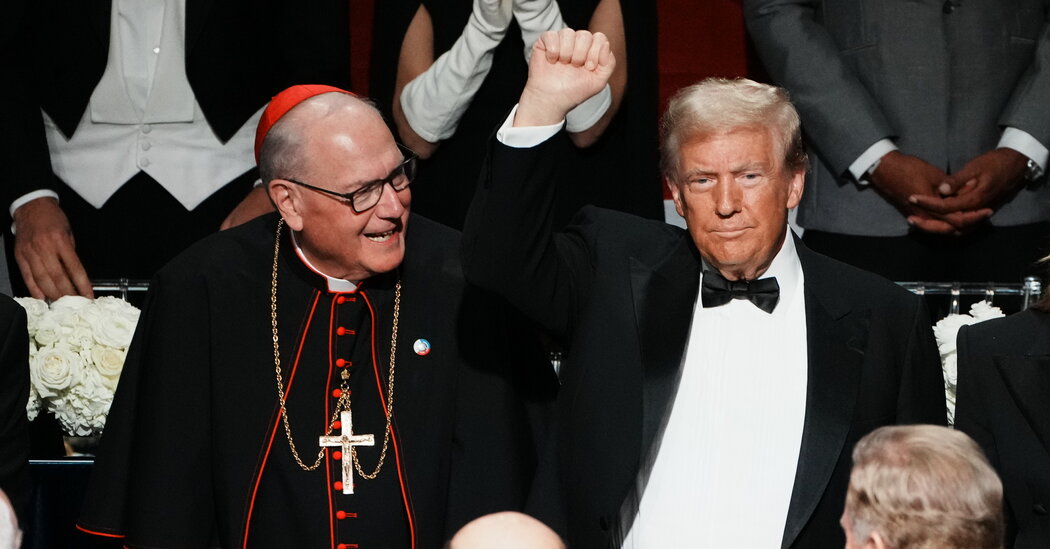The End of the Liberal World Order? A Shift in America’s Foreign Policy Landscape
In the heart of Washington, D.C., foreign policy experts continue to cling to the belief that the liberal world order, which has dominated international relations since World War II, remains intact. However, a closer look at recent global events suggests that this order is crumbling, and America’s role as the world’s “indispensable nation” is being called into question. From the chaotic withdrawal from Afghanistan to the ongoing conflict in Ukraine, the narrative of American supremacy is rapidly losing its grip.
The Illusion of American Supremacy
For decades, U.S. leaders have touted the idea that America stands as a colossus, guiding the world toward democracy and freedom. President Joe Biden often echoes the sentiments of former Secretary of State Madeleine Albright, who famously called the U.S. the “indispensable nation.” This notion implies that America is the moral compass for the globe, tasked with protecting the downtrodden from tyranny. However, the reality is starkly different. The U.S. has faced significant setbacks, most notably in Afghanistan, where two decades of military engagement ended in a hasty retreat, leaving the Taliban in control and raising questions about the effectiveness of American intervention.
The Afghanistan Withdrawal: A Wake-Up Call
The withdrawal from Afghanistan was not just a logistical failure; it was a profound embarrassment for U.S. foreign policy. After years of investment in nation-building, the country fell back into the hands of the Taliban, demonstrating that American ideals of democracy and feminism could not take root in a society resistant to such changes. The chaotic airlift from Kabul highlighted the futility of the mission, with many Afghan allies left behind and the U.S. military’s sacrifices seeming to serve a refugee policy rather than a strategic victory.
Ukraine: The Liberal Order’s Last Stand?
Fast forward to the ongoing war in Ukraine, where the liberal world order faces another test. Despite the West’s support, the reality on the ground suggests that Ukraine may not be able to reclaim its pre-war boundaries. The demographic crisis, with millions fleeing and a declining birth rate, paints a grim picture for the future of the nation. Even if Ukraine manages to push back Russian forces, the long-term prospects for stability and growth appear bleak. The war has not only devastated the country but has also exposed the limitations of American influence in the region.
The Shift Toward Non-Intervention
As the U.S. grapples with these challenges, a growing sentiment calls for a reevaluation of its foreign policy approach. The idea of non-intervention, once a guiding principle of American diplomacy, is resurfacing as a viable alternative. This strategy advocates for America to focus on its own interests rather than entangling itself in the complex disputes of other nations. By stepping back from global policing, the U.S. could redirect its resources toward domestic issues, fostering a stronger, more cohesive society.
A New Era of Global Relations
The geopolitical landscape is shifting toward a multipolar world, where countries like China and Russia assert their influence. The notion that America can dictate terms is becoming increasingly unrealistic. China’s ambitions regarding Taiwan and Russia’s determination in Ukraine illustrate that these nations are willing to pursue their interests, regardless of American opposition. The U.S. must recognize that its capacity to manage global affairs is waning, and a more pragmatic approach is necessary.
Conclusion: Embracing a New Foreign Policy Paradigm
The liberal world order, once seen as a triumph of American ideals, is facing unprecedented challenges. As the U.S. navigates this new reality, it must reconsider its role on the world stage. Embracing a non-interventionist approach could not only alleviate the burdens of costly foreign engagements but also allow America to focus on its own citizens and their needs. The path forward may not be easy, but it is essential for a more sustainable and prosperous future. As the political landscape evolves, the opportunity for a return to the Founders’ principles of foreign policy is ripe for the taking.



